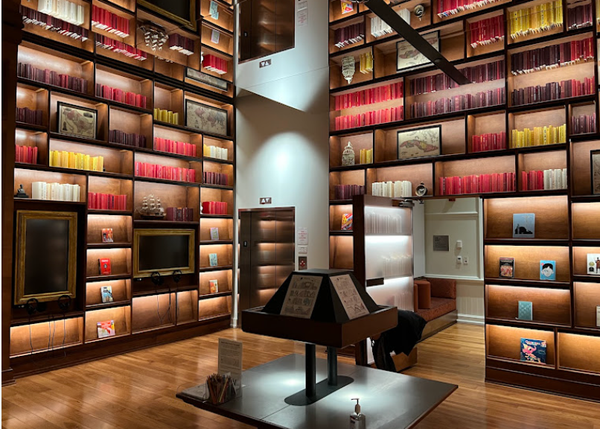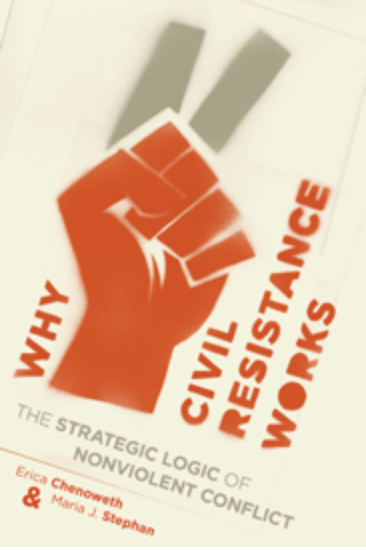Rosie Cima as Rockstar: The Interview. Part 1
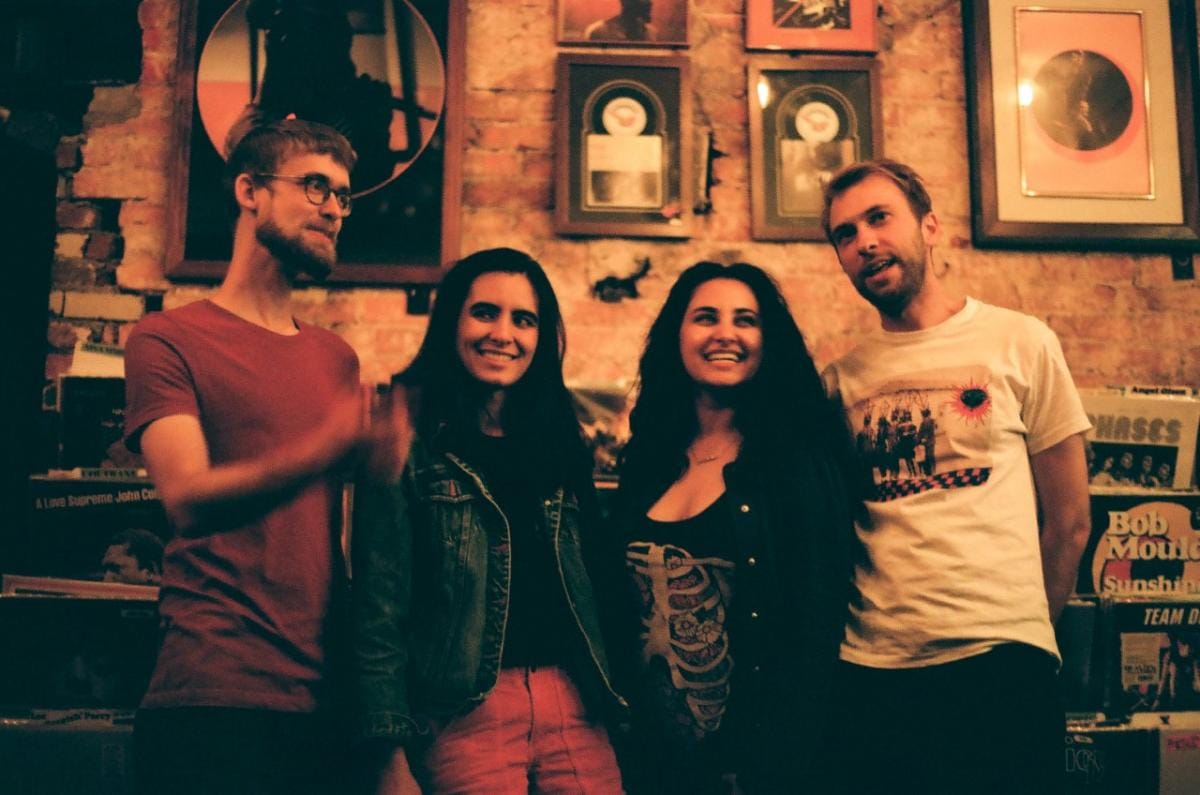
We made it to Sunday!
Because even I can't write about Nazis all the time, here's something a little more fun: an interview with long-time friend, ex-roommate, journalist, and band leader Rosie Cima. There are lots of interviews with Rosie out there, but I think this one is the best.
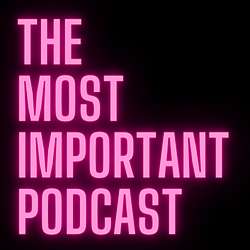
And you can (and should) check out the band, too.
I think that rock and roll speaks for itself, but there's more reason to talk about it than that. You may have read this recent piece by Media Matters, which describes the truly ludicrous degree to which online media on the Left are outgunned by online media on the Right; it's worse than 2:1. It's pretty disheartening – but there's also a lot of strategy implicit in it. Namely: nobody has the ability to listen to "politics" all the time. But just about any content can be "political" – and it's actually the non-political subjects on which the Right really excels.
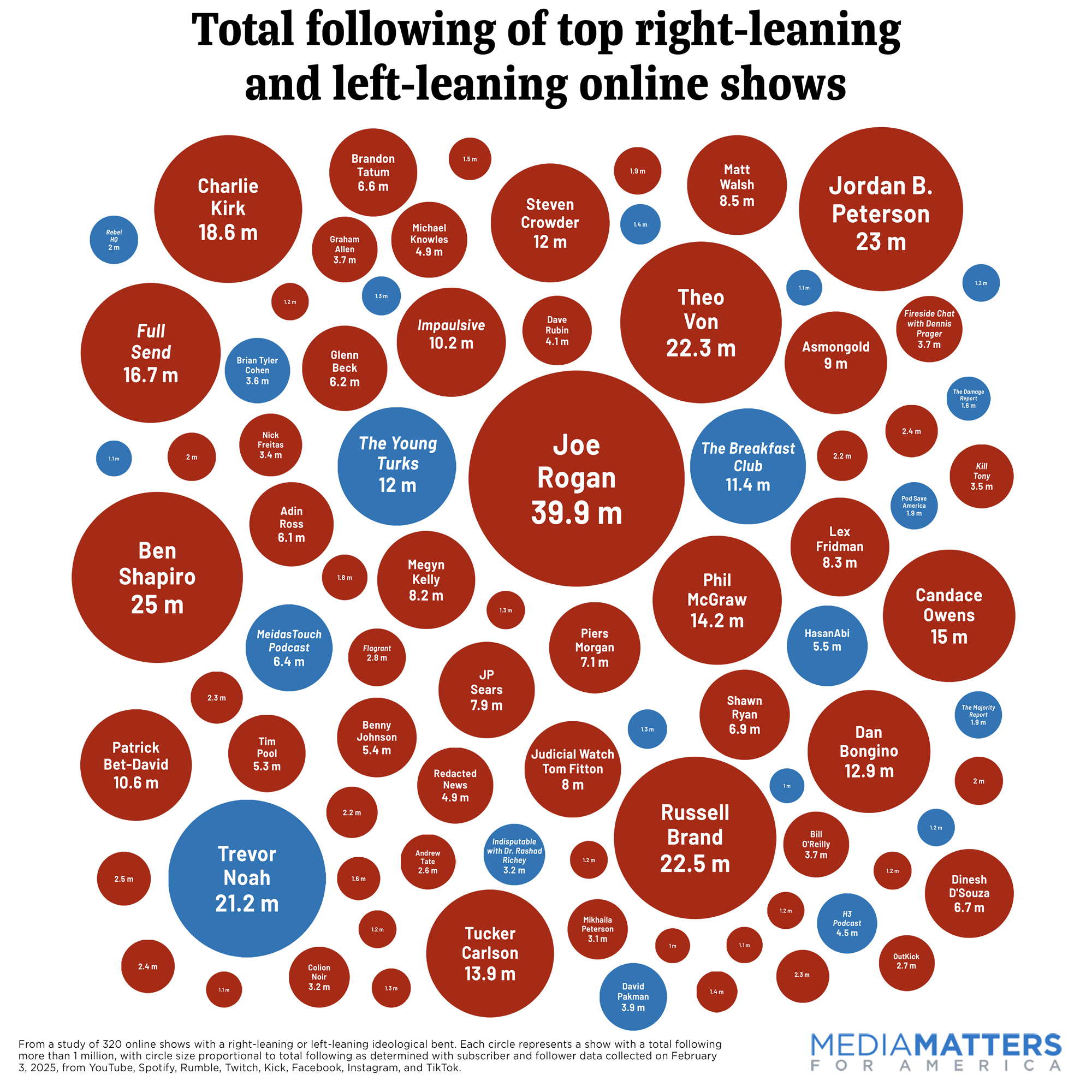
What I mean is, in terms of shows that MM categorized as "Society and Culture," which is the biggest for both sides, the Left is only behind by a bit: 16% of the total shows counted, vs 21% of the total, on the Right. But it's when the other categories start getting added in too that the Right really pulls ahead. Shows that carried Conservative stories (like the idea that Masculinity is in danger) were categorized as things like Gaming, Sports, Health+Wellness, and Religion+Spirituality – every one of which aren't topics that even register on the Left side. In particular, politically Right shows on Religion+Spirituality take up almost 10% of the total of the entire ecosystem – and the Left doesn't even have enough to show up on the piechart.
I believe the true lesson of course is that the Left needs to sell itself, and its ideas, which are better, dramatically more, at every opportunity, with everyone pitching in, all the time. And that getting over a discomfort or distaste with this is a critical, and often very personal, challenge.
There's also an important lesson about the distinction between Messages, which are specific collections of words that the Left loves to research and hone and test and fine-tune, and Stories, which are basic ideas about the world that can be expressed in personalized and context-dependent ways by anyone who agrees with them. They are stronger, deeper, more lasting, and ultimately more influential. For the Right, "Men are under attack" is a story. For the Left, I foundationally believe that "Progressive values makes life better" can be, and should be, one of those stories that we work to embed in the culture, in every place we can squeeze it.
But the most important lesson may also be, it's ok to have fun in the process! The Right has been successful with creating not just a large number of broadcast channels, but a series of communities where people come to enjoy themselves, not just to Advance the Cause – which, we all know, can just be exhausting. So as I introduce interviews with musicians, share my own musical journey, and maybe even get into some of my more questionable hobbies like knife throwing, I hope you'll see the broader picture: that Making the World Better is not just a newsletter but a way of life, and that life has to have some fun. (So of course, if you do not find this fun, please actually let me know.) It's all part of The Plan.
And of course, thank you for doing your part:
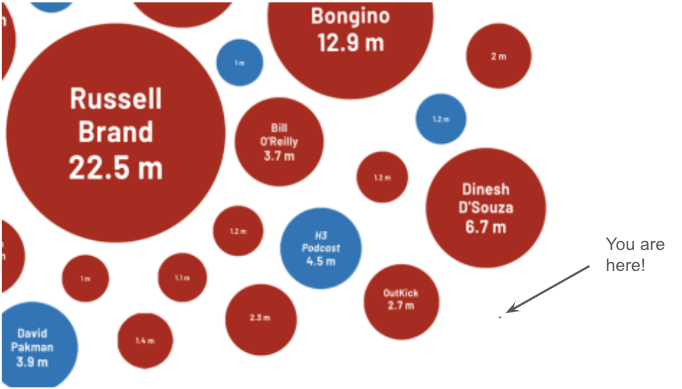
If you made it this far, and you haven't subscribed yet, I'd like to ask as a personal favor that you please subscribe, and share the newsletter with people you know. If I don't know that someone is listening, I have no reason to keep writing – and if I can't pay my rent, I have no ability to keep writing. With my profound gratitude to everyone, both paid and free.
If we make it to Tuesday, I'll see you Tuesday.



